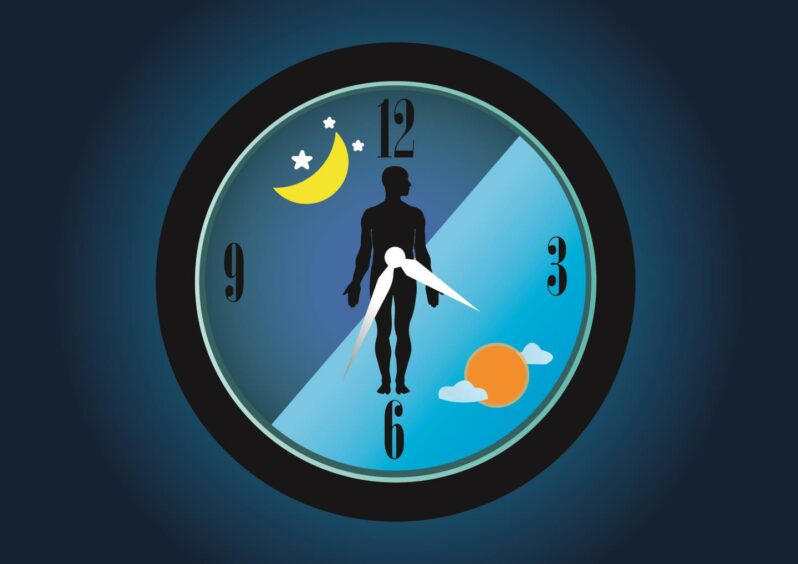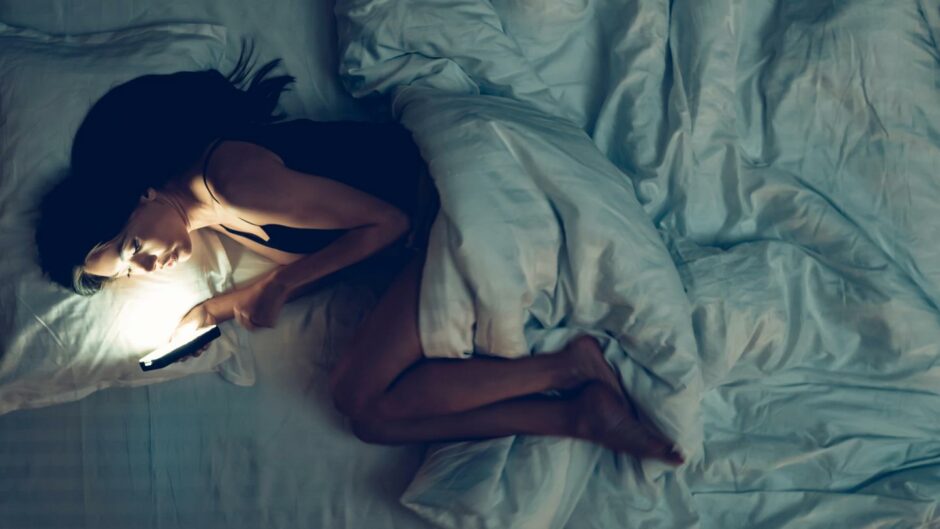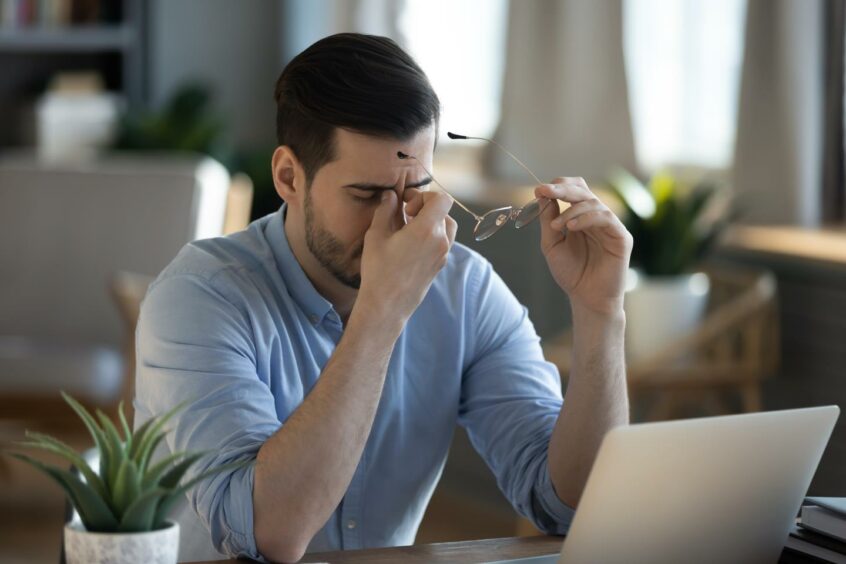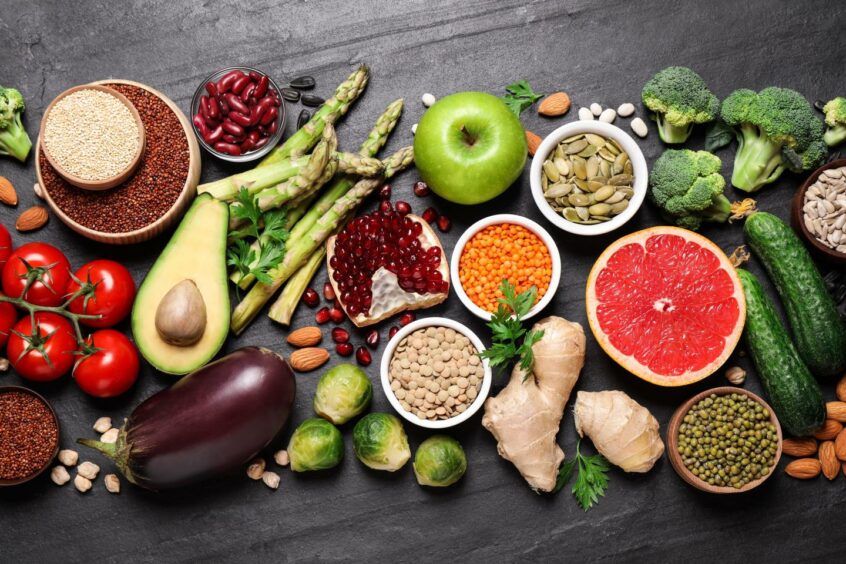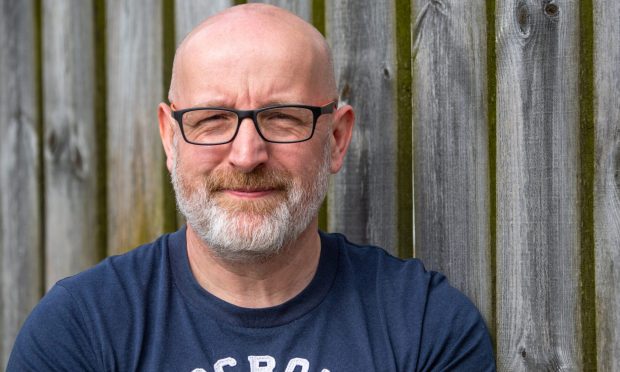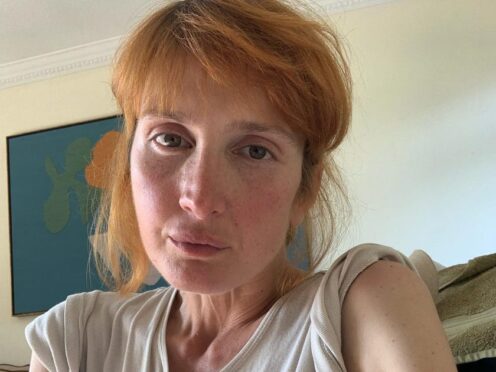Sleeplessness has become one of society’s biggest problems.
Most of us have busy, hectic lives and it can be hard to tell if stress is keeping you awake or if exhaustion is making stress unmanageable.
From worries about relationships, work and money, to your sleeping environment and pre-slumber habits, there are many contributing factors that can result in sleepless nights.
It’s as important to have a regular sleep routine as it is to get the hours at rest. This is due to something called circadian rhythm, which is your 24-hour body clock.
Interestingly, this will change slightly as you get older, which is why teenagers like to stay up late and an older person may do better with an earlier bedtime.
You may notice that you feel tired around the same time every day and maybe full of beans at other times. This is worth paying attention to, as it gives you a clue about your own body clock.
Lizard brain
The hypothalamus (the most primitive part of the brain – our lizard brain) controls the circadian rhythm and keeps the body on a cycle of tasks: repair, sleep, digestion and many other jobs are all lined up for specific times over the course of the day.
The hypothalamus uses daylight and darkness to regulate itself, so spending time outside in the bright light during the morning hours and then dimming lights in the hour or so before bed are good measures to take.
This rhythm and routine are essential to respect if you want to function as well as you can.
Going to bed and waking up at the same time every day will make the hours that you sleep more productive and will help you establish a sleep routine.
For those who have to work unsociable hours, keeping as regular a routine as possible in your sleeping and eating habits may mitigate some of the negative effects.
Keeping all electronic devices, including mobile phones, out of your bedroom is good sleep hygiene. The blue light that phones and tablets emit inhibits the sleep hormone melatonin, and this can cause insomnia.
Regulate temperature
Too hot? Overheating in bed can disturb your sleep. The ideal temperature for a bedroom is between 16C and 18C.
When your body is cool and rested, it triggers the production of melatonin, the sleep hormone.
During the evening, your body temperature naturally drops, and as morning approaches it rises again, getting ready for the day. This is all part of the shutdown and repair process.
If you are waking up in a bog of sweat then your bedroom may be too hot or you need to ditch that high TOG duvet.
Stress issues
Chronic stress (stress that is ongoing and long-term) has been linked to many health conditions, including sleep problems.
As far as sleep-supportive nutrients are concerned, B vitamins and magnesium can help to support the nervous system during stressful periods.
Magnesium is a mineral that is needed for over 300 biochemical reactions in the body: we need heaps of it!
It has a role to play in nerve and muscle function and energy production, and it helps keep our bones, glucose levels and immune system healthy.
It is also important for maintaining energy and aiding sleep.
B vitamins are essential for the health of the nervous system as well as many other essential functions. Because they are water-soluble, they are not stored the way fat-soluble nutrients like vitamin D are.
Importance of diet
If the diet or digestive system is poor, or if there are extra demands on the mind and body, it may be necessary to increase the intake of B vitamins to avoid running low.
Foods that are rich in these vital nutrients include green leafy vegetables, wholegrains, beans, meat, dairy and eggs.
A natural sleep remedy can also help. Dormeasan® Sleep is a fresh herb tincture made of Valerian and Hops. It is non-addictive and fast-acting, and is not known to cause drowsiness.
For further information on stress and its effect on sleep, ask at Grampian Health Store, 34 Market Street, Aberdeen, or call 01224 590886. Home delivery is also available.

